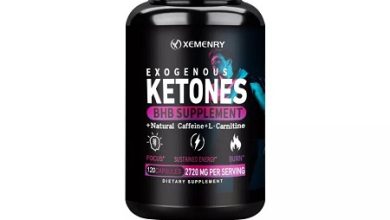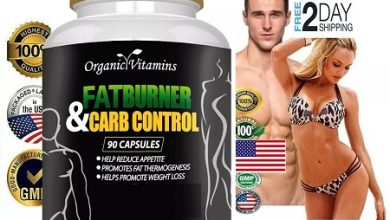Are Brain Supplements Worth It? Insider’s Analysis

Get ready to supercharge your cognitive abilities with the help of potent Brain Supplements! In this guidelines, we delve deep into the world of cognitive enhancement, exploring the remarkable benefits these supplements offer.
Introduction Brain Supplements:
In the pursuit of optimal cognitive function and mental clarity, brain supplements have gained significant attention. Marketed as tools to boost brain health and mental acuity, these products often include herbal Vitamins and Supplements, and other nutrients. However, the question remains: Are brain supplements truly worth it? In this article, we delve into the world of brain supplements, exploring their potential benefits, risks, and considerations for individuals seeking to enhance their brain health.
The Hype around Brain Supplements: boost your brain supplements, ranging from herbal concoctions to vitamin-rich formulations, promise a range of benefits, including improved memory, focus, and mental sharpness. While some individuals may experience positive effects, it’s essential to approach these claims with a critical perspective. The brain is a complex organ, and its health is influenced by a multitude of factors, including diet, exercise, sleep, and genetics.
Key Ingredients and Their Claims:
- Herbal Brain Supplements: Ingredients like Ginkgo Biloba, Bacopa Monnieri, and Rhodiola Rosea are often found in brain supplements. These herbs have historical use in traditional medicine systems for cognitive enhancement and stress reduction. Some studies suggest potential benefits, but results can be mixed and more research is needed to establish their efficacy.
- Vitamins and Minerals: Certain vitamins and Herbal Supplements for Men’s Health, such as B vitamins, Vitamin D, and Omega-3 fatty acids, play vital roles in brain health and Men’s Health. While deficiencies in these nutrients can negatively impact cognitive function, their supplementation might not necessarily lead to significant improvements in individuals already meeting their nutritional needs.
- Nootropics: Nootropic compounds, such as L-theanine, creatine, and various adaptogens, are often included in brain supplements. These substances aim to enhance cognitive function, but their effects can vary widely depending on individual responses and dosage.
Considerations and Caveats:
- Individual Variation: The impact of brain supplements can greatly vary from person to person. Factors like age, genetics, lifestyle, and existing health conditions can influence how these supplements are metabolized and their overall efficacy.
- Scientific Evidence: While some studies suggest potential benefits of certain ingredients, the scientific evidence supporting many brain supplements is often preliminary or inconclusive. Rigorous, well-designed clinical trials are needed to draw definitive conclusions.
- Potential Risks: Just as with any supplement, there are potential risks associated with brain supplements. Interactions with medications, allergic reactions, and adverse effects are possibilities that should not be overlooked.
- Holistic Approach: Brain health isn’t solely dependent on supplements. Adequate sleep, regular physical activity, stress management, and a balanced diet rich in nutrients are crucial components of maintaining cognitive function.
Conclusion: The decision to incorporate supplements into your routine is a personal one that should be based on careful consideration of potential benefits and risks. While these supplements may offer some cognitive support for some individuals, they are not a magic bullet for optimal brain health. Consulting with a healthcare professional before starting any supplement regimen is essential, especially if you have underlying health conditions or are taking medications. Remember that holistic lifestyle changes, including a nutritious diet, regular exercise, and adequate sleep, play a vital role in supporting long-term cognitive well-being.





